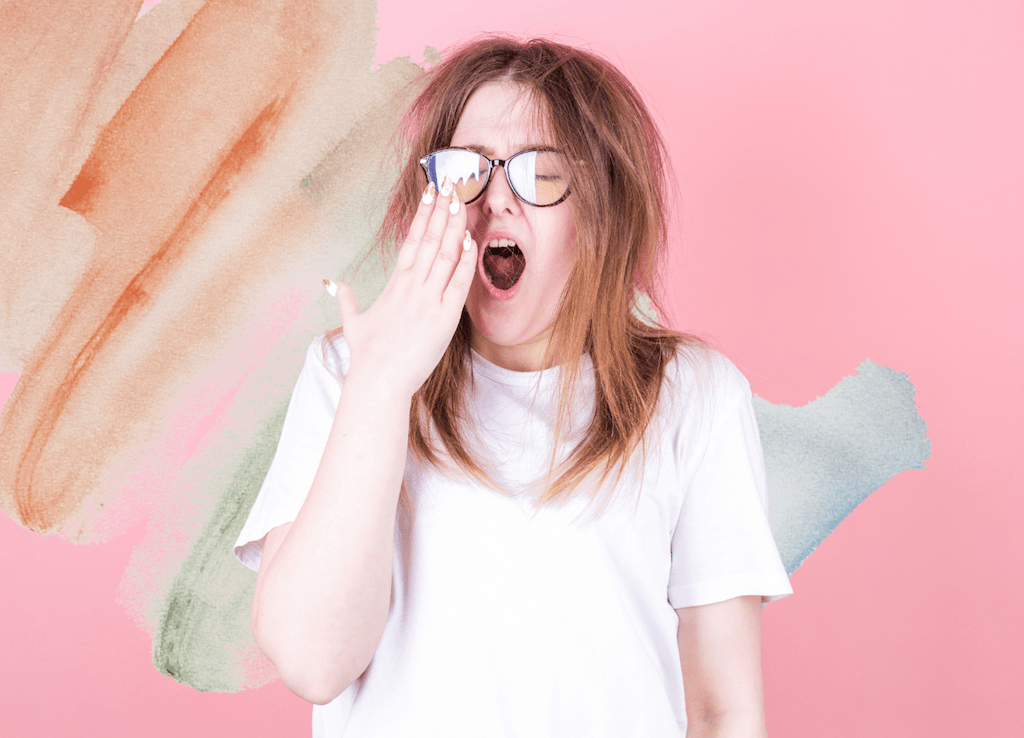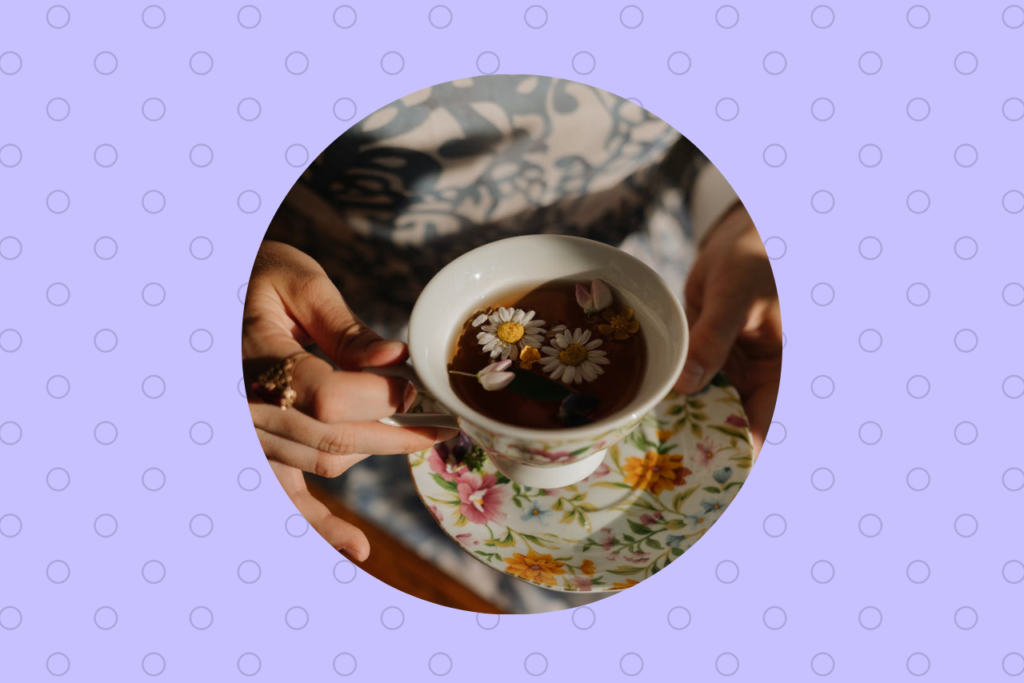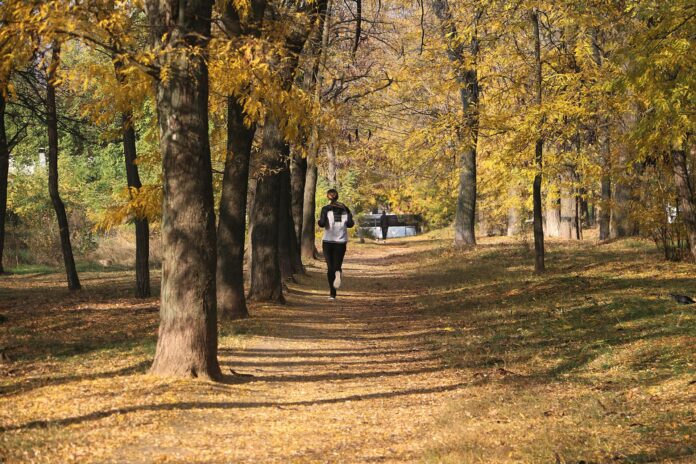Ideal for those who have trouble falling back to sleep.
This just in; a new portmanteau has entered the national lexicon this year, but even before learning the word, so many will be familiar with its effects. In fact, ‘’Coronasimonia’’ isn’t only confined to these shores, it’s a fully fledged, worldwide phenomenon, with BBC Future reporting in January of this year on ‘’insomnia linked to the stress of life during Covid-19’’.
They go on to highlight the global effects of the pandemic on sleep, reporting that ‘’In the UK, an August 2020 study from the University of Southampton showed that the number of people experiencing insomnia rose from one in six to one in four, with more sleep problems in communities including mothers, essential workers and BAME groups’’. Similar things have been happening in China, where ‘’insomnia rates rose from 14.6% to 20% during peak lockdown’’.
On the continent, it’s a similar story, with the BBC writing that ‘’an alarming prevalence of clinical insomnia was observed in Italy, and in Greece, nearly 40% of respondents in a May study were shown to have insomnia’’.
Last week saw the observation of World Sleep Day, with the NHS releasing guidance on things you can do to sleep more soundly during a period of supreme stress and upheaval. These included keeping to a strict bedtime routine, avoiding exposing yourself to harmful blue light before bed, and keeping your bedroom cool (16 to 18°C is considered optimum).
Today, we’re considering methods and measures you can put in place to help you fall back asleep should you wake up in the night. No more staring at the ceiling looking for answers, no more dwelling on something you said seventeen years ago to a friend, no more stressing about the fact you’re missing out on your all important eight hours because you’re, well stressing. Instead, here are 5 ways to fall back asleep during a restless night.
PRACTICE DEEP BREATHING
If you’re struggling to fall back asleep during a particularly restless night in bed, then practicing deep breathing may put you in a better frame of mind and help you drift off again.
Deploying similar methods to meditation, but simply done from bed, on your back and in the dark, several studies have concluded that deep breathing can help with insomnia, with the Scientific American reporting on a 2015 study carried out by the National Yang-Ming University in Taiwan which found that participants who used 20 minutes of deep breathing exercises at 6 respiration cycles a minute (that’s one inhale and exhale every ten seconds), benefited hugely.
They say that ‘’Insomniac participants went to sleep faster, woke up less frequently in the night and went back to sleep faster when they did wake up. On average, it took them only 10 minutes to fall asleep, almost three times faster than normal. The investigators attributed the results both to the calming mediated by the parasympathetic system and to the relaxing effect of focused breathing.’’
You don’t need to have particularly resilient lungs or a meditative focus to practice deep breathing in bed, either. All you have to do is breathe deeply, rhythmically and slowly. That said, there are a few methods believed to be particularly effective, with ‘three-part breathing’ or the ‘4-7-8’ method perhaps the most natural and easy to accomplish from a horizontal position.

PROGRESSIVE MUSCLE RELAXATION
Similarly to deep breathing exercises, progressive muscle practice is another simple relaxation technique you can perform from bed, should you wake up in the night and need to calm yourself down before falling back to sleep.
According to Help Guide’s tips on relaxation techniques that can help you get back to sleep, the process couldn’t be simpler; ‘’Starting with your feet, tense the muscles as tightly as you can. Hold for a count of 10, and then relax. Continue to do this for every muscle group in your body, working your way up from your feet to the top of your head.’’
Many find that the process of working through each muscle in the body serves as a distraction from restlessness. As we all know, it’s often the stress of not being able to fall back asleep which seems to prevent it from happening, which is a vicious circle, indeed. Taking cues from the ‘body scan’ method popular within the mindful meditation community, progressive muscle relaxation can be a great way to calm ruminating, racing thoughts in the middle of the night.
MELATONIN
Melatonin is a naturally occurring hormone in your body which helps regulate your sleep-wake cycle. To avoid disrupting your body’s production of the good stuff, there are a few lifestyle and routine changes you can enact to ensure that you’re producing melatonin in a way which is supportive of your circadian rhythm and sleep.
As the Sleep Foundation so succinctly put it, ‘’Darkness prompts the pineal gland to start producing melatonin while light causes that production to stop…In doing so, it facilitates a transition to sleep and promotes consistent, quality rest.’’
It’s essential, then, that you allow a gradual, graceful transition into bed, dimming lights in the bedroom in the run up to sleep and not exposing yourself to the harmful blue light of any screens for at least an hour before you hope to nod off. In fact, use of smartphones and other screens just before bed can wreak havoc on your circadian rhythm, throwing your melatonin production off course and making it super hard to fall asleep.
Perhaps the worst thing you can do, then, if you’re awake in the night, is to reach for your phone and scroll and swipe in the dark. This will stimulate melatonin production and confuse your brain into thinking it’s morning; you don’t want that.
Alternatively, melatonin is available in supplement form and is NHS approved for short-term remedying of insomnia and jetlag. Available in prescription only and generally reserved for treating sleep problems in adults aged 55 and over, the NHS say that ‘’You can take a manmade version of melatonin for short-term sleep problems (insomnia). It makes you fall asleep quicker and less likely to wake up during the night. It can also help with symptoms of jetlag.’’
Finally, though research is ongoing and the science not yet conclusive, some extol the benefits of magnetic bracelets in helping with insomnia and restless sleep, since some studies have pointed to the low frequency magnetic field’s effect on melatonin production.
It should be noted that these studies were largely inconclusive, and were carried out on kestrels and calves, rather than humans. Though promising, the effect of magnetic fields on insomnia in humans is largely anecdotal, and as such, magnetic bracelets shouldn’t be used as a replacement for medically-approved therapies and treatments of insomnia, but rather as a complementary tool, if at all.
HERBAL TEAS
Speaking of melatonin, caffeine, the active ingredient in coffee, can cause problems with its production, too, owing to its stimulant qualities. It’s best to keep your intake low, or non-existent, if you’re struggling with insomnia. Be aware that it also shows up in plenty of other products. You’ll want to watch your intake of cola, dark chocolate, tea, and energy (well, duh) drinks, too.
There are loads of other dietary factors that also play a role in dictating the quality and quantity of our sleep. Check out our tips on hacking your circadian rhythm with food, for more on this interesting subject.
But if you’re in need of a helping hand to help you nod off and still savour a warm drink just before bed, then consider adding a cup of herbal tea to your routine. Not only is a mug of the good stuff the perfect accompaniment to a bedtime read, but sleepy tea can also help foster a calming bedtime experience that promotes sleepiness in tandem.
Then, of course, there’s the ingredients, some of which are said to have a soothing, relaxing effect on body and mind. Modern research backs up these claims, with common inclusions like chamomile, valerian root and lemon balm shown to have some potential in inducing those Zzzeds.
If you’re really struggling to fall back to sleep, some suggest getting up, making yourself a cup of herbal tea, and drinking it calmly before re-entering your bed and hopefully, sleep.

VISUALISATION
Psychologists also recommend visualisation or guided imagery as a great relaxation tip to help you nod off when you’re struggling to sleep. In fact, the simple, meditative escapist practice has been scientifically proven to help practitioners fall asleep.
While resting in bed, close your eyes and visualise a familiar, idyllic scene – a playground from your childhood, your favourite beach, a garden, park or any place that gives your peace of mind when you think about it. Doing so can offer comfort and distraction in the face of distraction and sleeplessness. Result!
And with that, we’ll wish you good night…we hope you haven’t been reading this in the middle of the night, on your smartphone?





